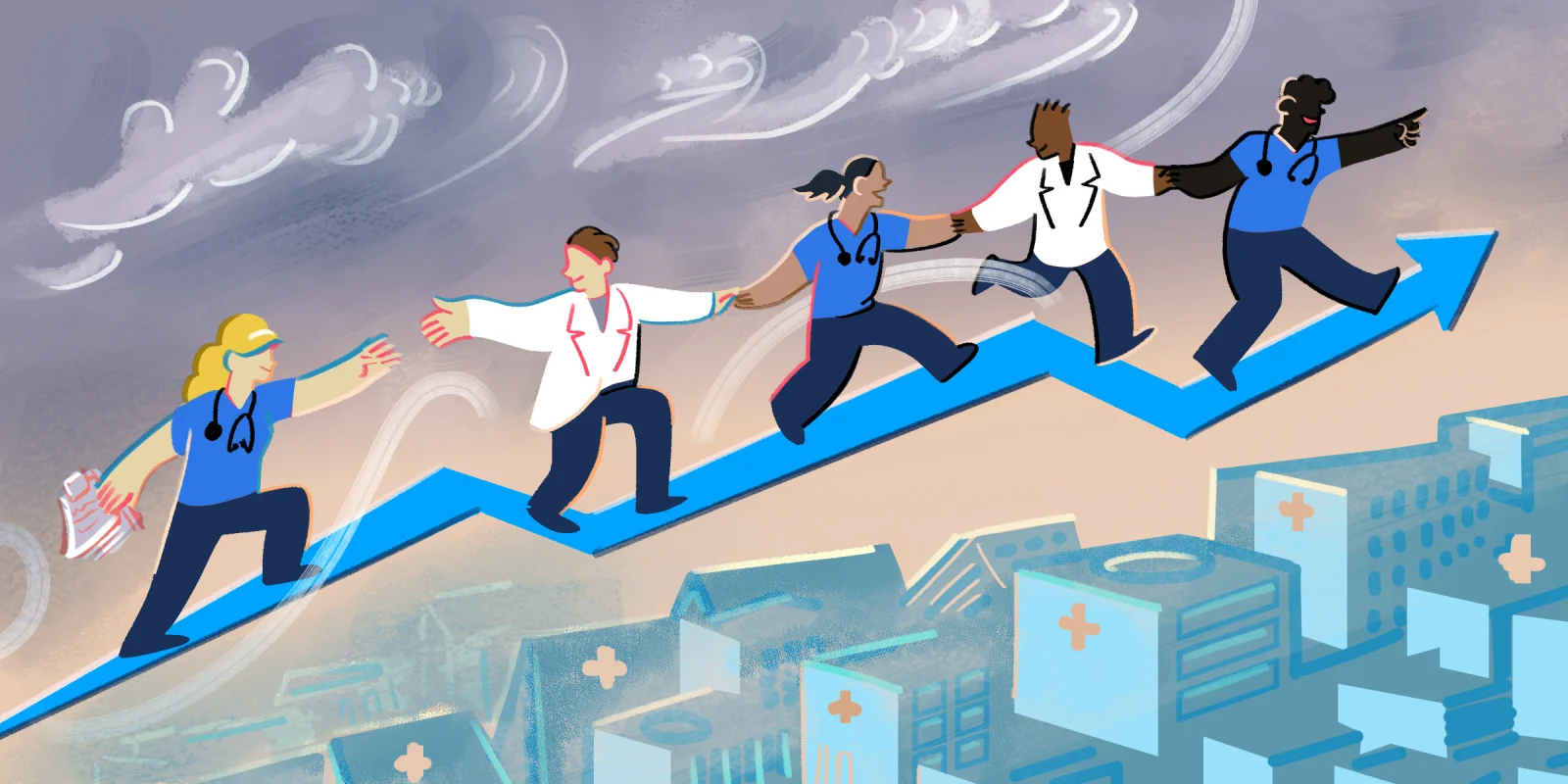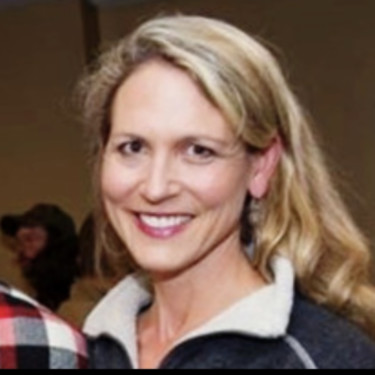Physicians don’t always make the best team members. As subject matter experts who have invested much in our training, some of us have a tendency to rest on our educational laurels and positional power, rather than engage in or foster good care team dynamics. And yet, in this increasingly complex health care era, we need good teams more than ever before. Those who understand this are invaluable assets to their patients and colleagues alike.
Why Physicians May be Hesitant to Work in Teams
Traditionally, medical training emphasizes individual expertise. It follows, then, that trainees are often inclined to take a more independent approach to managing patients — a mindset they retain as they enter medical practice. As they become fully minted physicians, they may view collaboration as not only a deviation from the norm, but also as potentially time-consuming and inefficient.
Additionally, when working in teams, physicians may face legal consequences for medical errors that occur under their watch — even if physicians are not the ones who committed the error. Accordingly, physicians may be hesitant to fully trust working with others. We want to protect our medical licenses, and fear the possibility of malpractice as a result of missteps. We ultimately feel — and are — significantly responsible for not just ourselves, but for the outcomes of our teams, whether or not we have hired their members or have day-to-day oversight of their actions.
Similarly, physicians (and, increasingly, APPs) may hesitate to work collaboratively within teams due to each practitioner’s responsibility for meeting quality and productivity standards. Whether these are standards put forth by employers or payers, individual practitioners are often the ones held personally responsible.
The Necessity of Health Care Teams
Though the above reservations are legitimate, they shouldn’t prevent us from responding to the way health care operates in the modern era. These days, the vast majority of clinical practitioners work for large entities such as hospitals and care networks. We rely heavily on people with many different skills to meet the needs of patients, payers, and other parties who have a vested interest in our very complex health care system. This means that becoming good team members is no longer optional — it is imperative.
As an example of the necessity of teams, take a 2022 study on the time needed to provide adult primary care. This study suggests that it would take 26.7 hours a day for a PCP to manage the preventive care, chronic disease care, and acute care for a “nationally representative” adult patient panel. If that same practitioner worked in a team-based care model, on the other hand, up to 65% of the needed services could be offered by other members of the team.
Not All Care Teams Are Created Equal
In my work as a physician, leader, and consultant, I’ve observed both highly functional and highly dysfunctional teams. I’ve seen a hospital code team save the life of a post-surgical patient in cardiac arrest, and a care management team successfully coordinate home follow-up for a patient with severe schizophrenia. I’ve also seen a well-established primary care practice disintegrate when it was moved abruptly to a new location without adequate implementation of change management by a new leadership team.
To co-opt a famous quote by Tolstoy, “All happy teams are alike; each unhappy team is unhappy in its own way.” Management consultant Patrick Lencioni suggests that five common dysfunctions of a team include: absence of trust, fear of conflict, lack of commitment, avoidance of accountability, and inattention to team results. I’ve witnessed these dysfunctions across all specialities, and at every level of medicine and leadership.
Ensuring the Success of Care Teams
How do physicians decrease the likelihood of such dysfunction occurring in our quest to be good team members in medicine? The rise of interprofessional education (IPE) has shown that this is entirely possible. In IPE, students from different professions represented on the care team (social work, medicine, and nursing, for example) learn together during all or part of their training. The goal of IPE is to cultivate knowledge, skills, attitudes, and behaviors that foster patient-centered health care. Proponents of IPE recognize that we cannot just rely on our own specific expertise; we must also work to understand the benefits of others’ knowledge and experience.
However, such teamwork takes practice. It also takes a willingness to be aware of both ourselves and others. Within a conventional health care hierarchy, physicians often occupy the highest status and wield significant power. This hierarchical structure can hinder effective collaboration, as other team members may be hesitant to voice concerns or challenge our decisions. To move through this, we must remember the power dynamic, and be cognizant of the fact that if a team member chooses not to speak up, it may not be because they have nothing to say.
Setting our teams up for success is a deliberate effort. We can start by providing the space for our team members to speak in the moment, or after the fact. We can also emphasize the importance of acknowledging and respecting not only different backgrounds, but also different learning styles, different processing speeds, and different ways of interacting.
The need to factor in all of these elements may seem overwhelming, but great clinicians spend years building applicable skills. We become very good at reading patients’ physical signs. We become very good at listening to their concerns, hopes, and dreams. We become very good at understanding patient needs. We can do the same for our team members.
Team Building Doesn’t Just Benefit Clinicians
As we build our teamwork skills, we are also improving the likelihood that patients will feel invited to participate more in their own care. Patients need to be at the center of their teams. They are the ones who live in their bodies. Patients make food, activity, and relationship choices that ultimately impact their health. They can decide to take the medicines we prescribe or surgeries we recommend, or not. We can share with them what we’ve learned in medical school, or in years of practice, but they will only collaborate with us if they know that we are respecting their agency and are understanding of their circumstances.
Physicians want to be known as people who use their education, knowledge, and experience for the greater good. We need to embrace team-building as a critical subset of our subject matter expertise. Until we can magically expand a day to be 26.7 hours — then work every single minute of that day ourselves — we need to join the team.
Who’s your favorite team member? Shout them out in the comments below!
Dr. Lisa Belisle is a family physician and associate chief medical officer with a rural Maine health care system. She loves running the wooded trails on the island where she lives, and boating the nearby waters with her husband and their six grown children. Watch her weekly video podcast on radiomaine.com. Dr. Belisle is a 2023–2024 Doximity Op-Med Fellow.
Illustration by April Brust after invincible_bulldog / GettyImages






